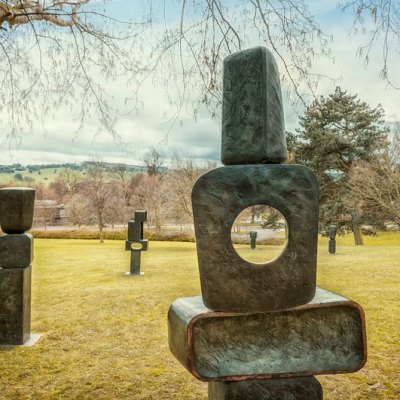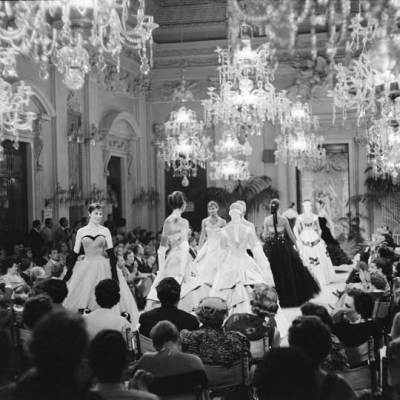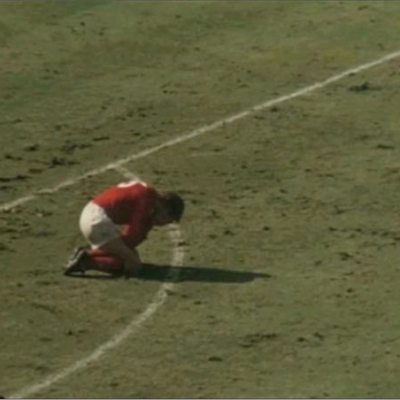…it is impossible to do justice to the World Cup final, a match that must surely stand with the greatest ever played, a match that had as many changes of fortune and direction as a gypsy’s life…
These were the words of one of the great English novelists of the 1960s, B.S. Johnson, in a match report on the 1966 World Cup final printed in the Times of India. In Johnson’s report, filed down a crackling telephone line to Mumbai within minutes of the end of the match, already England’s victory was being converted into myth for consumption across the commonwealth.
Jerusalem, the new work by American artist Paul Pfeiffer, revisits the originary site of this myth and probes its subsequent mediations. The work was launched online on 27 June by Artangel, the art organisation known for its adventurous and inspired commissions. Past Artangel works include Rachel Whiteread’s House in 1994, and Jeremy Deller’s re-enactment of the Battle of Orgreave in 2001.
Like Deller’s work, Jerusalem looks again at a collective memory and tries to situate it as part of a still-continuous social and technological history. As ‘God Save the Queen’ plays on the match-reel, Jerusalem cuts to modern-day footage of what seems to be a crowd of young people from Southeast Asia singing the anthem. When the match kicks off, the camera pans left and right after the ball, but now the ball and all the players have been digitally removed, and the roving gaze scans the empty field like a paranoid security camera. The players reappear, but now as flickering ghosts in search of a lost ball.
The work also has an interactive sound element. At the bottom right of the screen, eight icons allow the viewer to change the soundtrack between different archive sources all taken from 1966. The director of the BBC’s World Cup coverage discusses the technological challenges of capturing live sporting events for instant global transmission. John Cage and Morton Feldman discuss the intrusions of mass media into modern consciousness (‘we surrender to it, and call it culture’). Prime Minster Harold Wilson talks about the American attitude to UK economic policy and its military presence in the Far East. On another track buzzes a swarm of bees, now sounding oddly like the murmur of an excited football crowd, or the hum of an electric current.
Football, as a set of practices spread far across the globe, is more than most cultural manifestations addicted to and nourished by memory. In 2006, ITV promoted their coverage of the World Cup with the slogan ‘Let the memories begin’, with what has been called ‘a strange sense of anticipative commemoration’. As the final of the 2014 tournament approaches (with England of course nowhere to be seen), Jerusalem serves as a timely reminder of the political and technological substrate on which such sporting myths are built.
Jerusalem is an online artwork, available to view on the Artangel website until 27 September.
Related Articles
Artangel Open 2014: a look back at past commissions (Maggie Gray)
The Battle of Orgreave and The Battle of Orgreave (Digby Warde-Aldam)
Ghost House: Rachel Whiteread’s House (Digby Warde-Aldam)






